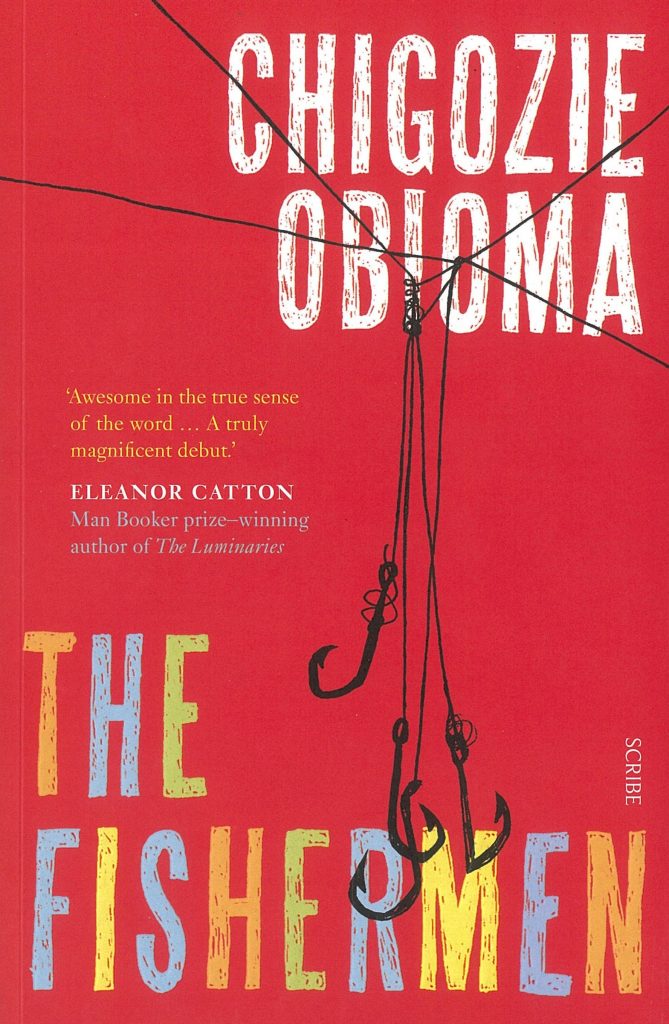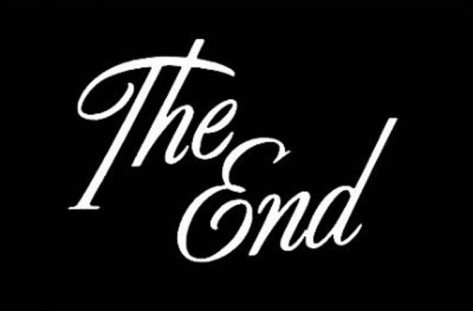by Nathan Go
Crafting good endings, like good openings, is among the most difficult feats to attain in a short story. So much pressure lies in its mastery – where a solid or tepid opening could mean the difference between having a work read or not read beyond the first page, a satisfying or lackluster ending often decides whether the piece gets published or not. The final paragraph of a story is usually what readers take away from the entire experience, as it is the last thing they get to process, and thus, the last thing they’re likely to remember.
Apart from the exhortations that a story needs to tie up all loose ends and bring closure to the readers, discussing what constitutes a good ending frequently devolves into the famous pronouncement in the concurring opinion of Jacobellis v. Ohio: “I know it when I see it.” As is the case with establishing aesthetic rules in writing, generalizations usually don’t work. In fact, what may sound like an effective closing to one reader might just be totally underwhelming to another. With those caveats in mind, the next best thing is to present case studies of endings that I think work (at least for me) within the context of those particular stories.









